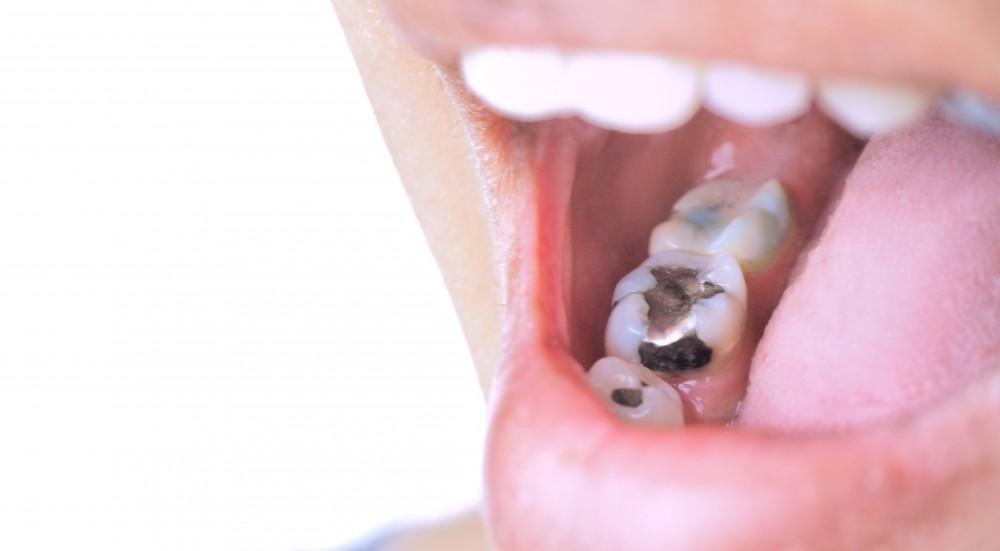Dental fillings help restore and protect teeth affected by cavities, but over time, they can wear out or get damaged. If this happens, it’s essential to know how to replace them and why it’s crucial for your oral health.
Why Do Dental Fillings Get Damaged?
Dental fillings can become damaged for several reasons:
- Normal wear and tear: Regular chewing can weaken fillings over time.
- Chewing hard objects: Biting down on hard items like ice can crack or chip a filling.
- Tooth decay: Decay around a filling can compromise its structure.
- Poor oral hygiene: Inadequate care can lead to further decay around fillings.
- Accidental trauma: Injuries to the mouth can damage a filling.
Signs That Your Filling Needs Replacement
You should consider replacing your filling if you notice:
- Sensitivity to hot or cold foods
- Cracks or chips in the filling
- Pain when chewing
- Discolouration around the filling
- A loose or shifting filling
How Are Damaged Fillings Replaced?
Replacing a damaged filling is a routine dental procedure:
- Examination: Your dentist examines the tooth and may take X-rays to assess the damage.
- Removal of the Old Filling: The damaged filling is carefully removed.
- Cleaning the Cavity: The area is cleaned to remove decay or debris.
- Placement of a New Filling: A new filling material (composite resin, amalgam, or porcelain) is placed to restore the tooth.
If you’re facing a damaged filling, addressing it promptly is vital. You can learn more about dental filling services in Hornsby to explore your options for keeping your teeth healthy.
What Are the Risks of Not Replacing a Damaged Filling?
Ignoring a damaged filling can lead to:
- Increased decay: A damaged filling leaves your tooth vulnerable to further decay.
- Infection: Untreated decay can lead to infection or abscess, requiring more extensive treatment.
- Further damage: A weakened tooth is more prone to fractures, which might necessitate a crown or other restorative work.
Preventing Damage to Dental Fillings
To help your fillings last longer:
- Maintain good oral hygiene: Brush and floss regularly to prevent decay.
- Avoid hard objects: Don’t chew on ice or other hard items.
- Attend regular dental check-ups: Regular visits allow your dentist to monitor your fillings.
- Use a mouthguard: Protect your teeth and fillings if you grind your teeth at night.
Conclusion
Dental fillings are durable but can become damaged over time. If you suspect an issue, replacing the filling promptly is essential to avoid more serious complications. By maintaining good oral hygiene and attending regular dental check-ups, you can keep your fillings and your smile in excellent condition.
Keep an eye for more news & updates on BuzzsLash.Com!




